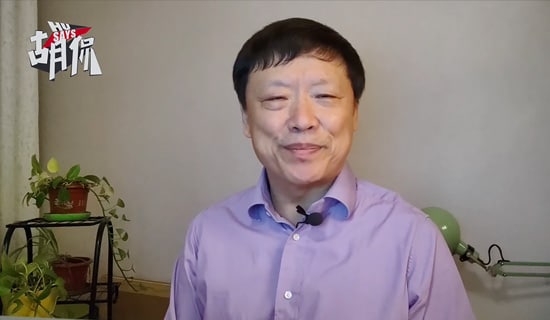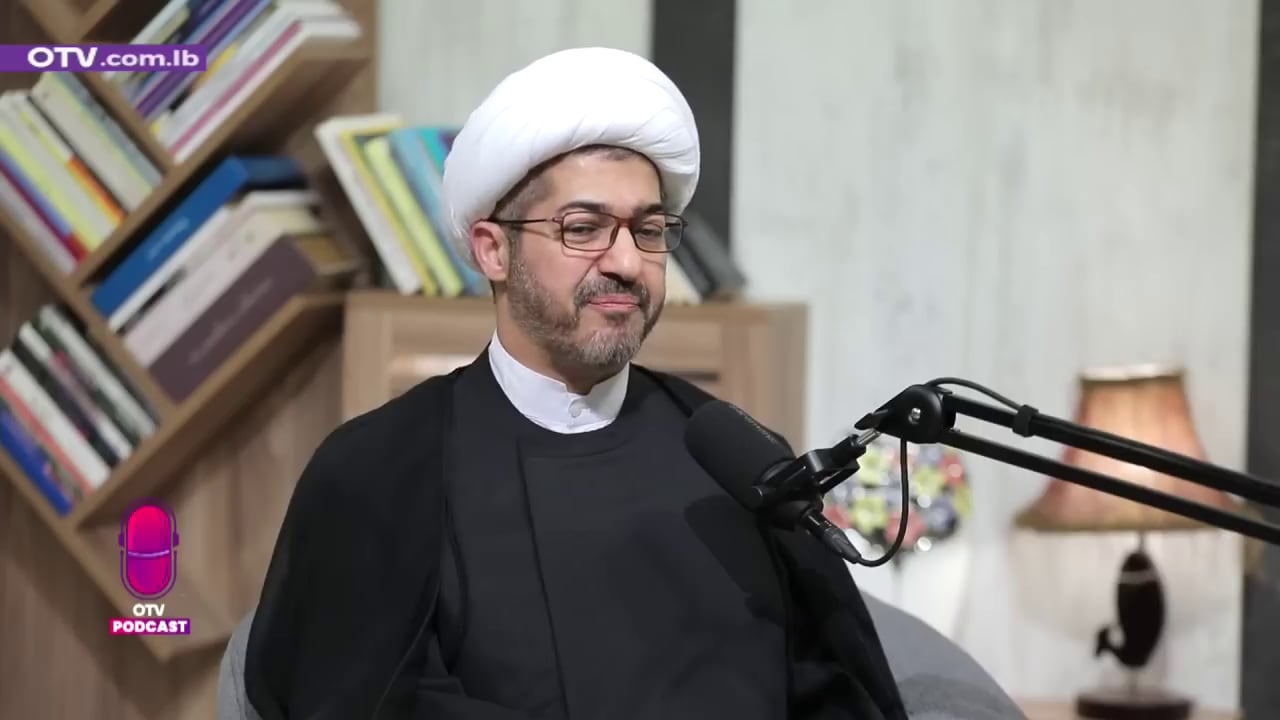
In an in-depth interview on BBC Arabic, Nadia Al-Sakkaf, editor-in-chief of the English-language "Yemen Times," talked about the issues facing women in her country and about political matters. She told the interviewer that she believed Yemen should adopt a federal system, according to the UAE model and that it was not in Saudi Arabia's interests to have a strong, developed, and democratic Yemen as its neighbor. Al-Sakkaf said that she viewed the niqab as an "artificial novelty," bound to disappear, and that Yemeni women had been empowered by the 2011 revolution and "will not be sent back home." Al-Sakkaf was in London to participate in the BBC's "100 Women" international event, in which women from all over the world and from all walks of life were brought together for a day of debate.
Following are excerpts from the interview, which aired on BBC Arabic TV on October 27, 2013:
Nadia Al-Sakkaf: My first year as editor-in-chief of Yemen Times was very difficult. Everybody was sure that I was going to fail. They would say: "Who is she to step into her father's shoes? How could she possibly take Yemen Times to new heights?" I believe that the international awards won by Yemen Times are the best answer. Such awards are not given for nothing.
[...]
Much of the criticism directed against me came from men, when I started placing women's issues on the front page. If you take, for example, the great gap between men and women – Yemen was ranked last in the world for five consecutive years. I considered this to be catastrophic. How could Yemen possibly allow its women to reach such a state? I published these things on the front page.
Interviewer: Do you hate men? You said in an interview that you fired half of the men working for the newspaper, when it was passed over to you.
Nadia Al-Sakkaf: I had to do this in order to keep things going, because I faced a lot of opposition as a woman in a managerial position. Oriental men do not like to work under a female manager. I faced a lot of opposition. I tried to work with them for a year. When it didn't work out, I had to show them the door.
[...]
I consider myself very lucky to be me. I tried to pass on my experience to many Yemeni women, especially the younger ones, because they need a role model. I am a married woman and a mother, and I make sure my appearance conforms to what is acceptable in Yemeni society, because I believe in this. I am not trying to shock society, making it consider me to be deviant. I am considered a role model, but at the same time, I preserve Yemeni heritage and identity. This helps...
Interviewer: But you are opposed to the niqab.
Nadia Al-Sakkaf: Yes. It is not part of the Yemeni identity. The niqab is worn only in the cities. In rural Yemen, you see beautiful vivid colors, like mine. The niqab is not part of Yemeni heritage. It is an artificial novelty, and like all artificial novelties, it is bound to disappear. I do not encourage the wearing of the niqab. Absolutely not.
[...]
I have never said that Wahhabism distorts Islam, because I am not a religious jurisprudent, and I am not qualified to pass judgement on any religious school of thought. Having said that, there is a strong Saudi influence in Yemen. Saudi Arabia is our big sister, in the full sense of the word, and therefore, Yemen is greatly influenced by Saudi Arabia. But in the past, Yemen was subject to ottoman influence. Some even say that the Yemenis received the black [niqab] from the Turks. We should not be looking for someone to blame for our current situation.
Interviewer: Does Saudi Arabia play a positive or a negative role in Yemen?
Nadia Al-Sakkaf: Saudi Arabia is a great benefactor of Yemen. Saudi oil saved Yemen in the worst crises. At the same time, Saudi Arabia dominated Yemen. Saudi Arabia has bought the loyalty of many Yemeni tribes, at times in support of tyranny and dictatorship, and against change, and against the republic in general.
Saudi Arabia wants a neighbor that is not a source of concern, and therefore it tries to keep Yemen stable. But is it in Saudi Arabia's interest for Yemen to be a strong, developed country that would compete with it? Obviously not. Is it in its interest for Yemen to become a democratic and revolutionary system, which could impact its monarchic system? Of course not. This is true not only for Yemen, but also for Bahrain.
[...]
Disintegration and federalism are not the same thing. I support federalism. I believe that Yemen should be divided into regions, as part of a federal state, like the UAE, for example. I am not saying that we should adopt the UAE model wholesale, but it should be something like that. A federal system would resolve the problem of South Yemen. Yemen would remain a single state, but with a federal framework.
[...]
The federal state is the answer. It is our proposed alternative for the secession [of South Yemen]. The alternative to both the centralized state of the paste and the secession is the federal state. This compromise would satisfy all the parties.
[...]
I do not think that there was a revolution in Yemen in 2011. It began as a real revolution, but it has not been completed. Still, there was change, but this change was contained. A political agreement was signed in order to deliver Yemen from point A to point B. This is what happened.
Our revolution is bound to come. We cal it "The Revolution of the Hungry." Come it will, unless things are improved. The next five years constitute Yemen's only chance to stand on its own two feet.
Interviewer: You call it the "Revolution of the Hungry," but some call it the "Revolution of the Women."
Nadia Al-Sakkaf: Women were part of the 2011 [revolution], and they are here to stay. There is no going back. The women who took to the streets in 2011 will not be sent back home, and will not be told that it is all over, and that they are not allowed to participated in politics.
[...]













